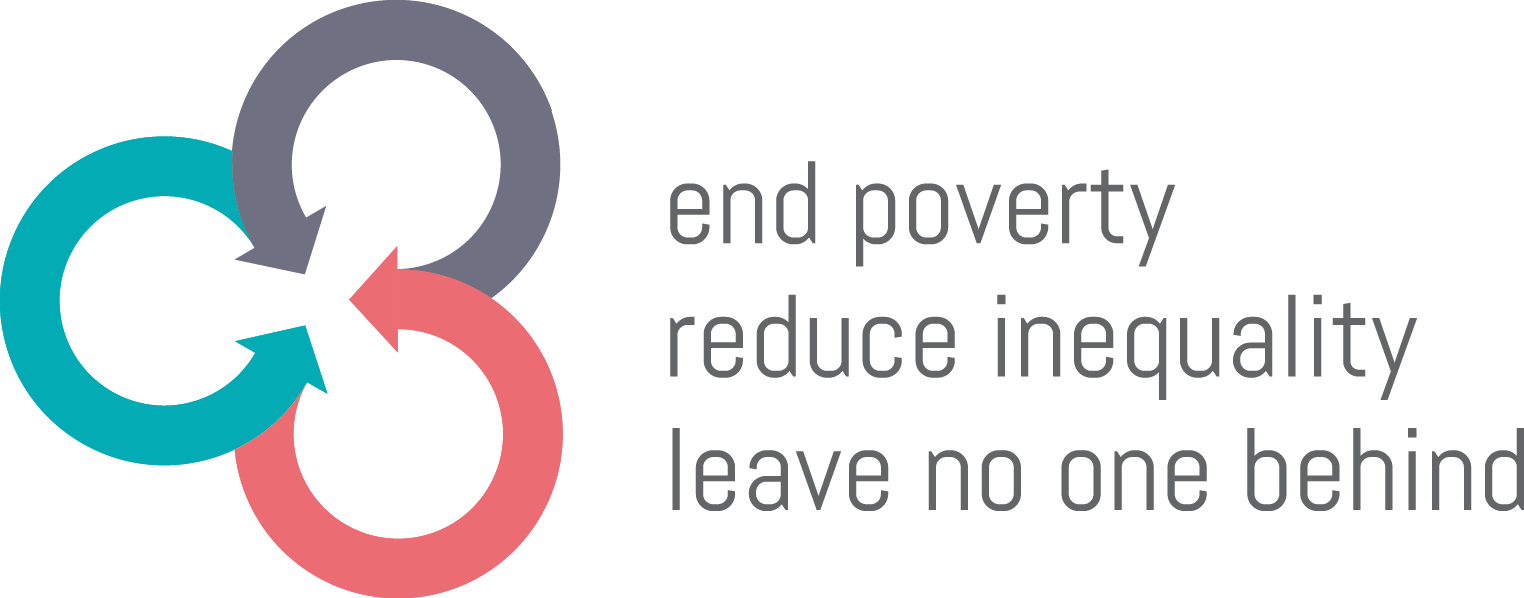Online Training: Leave no one behind
Fundamentals of LNOB implementation in development cooperation projects (03 May – 07 June 2023)

Why this online training?
Leave no one behind (LNOB) is a key principle of the 2030 Agenda for Sustainable Development. Its implementation comes with new challenges and often remains unclear to development practitioners. How do we make sure that we include the poorest and most disadvantaged in our projects? What are best practices, challenges and hands-on experiences in applying the LNOB principle? The online training provides a combination of topical inputs and exchange among peers on how to improve the operationalisation of LNOB in practice.
Who is it for?
The course format benefits from participants with diverse institutional backgrounds working at different levels all over the world. For this reason, the training is explicitly developed for a diverse target group: development practitioners representing bilateral and multilateral development institutions as well as NGOs or national and local partner institutions.
By focusing on the classic project cycle, the course aims to provide practical knowledge in implementing the LNOB principle especially for colleagues working at the project level. Nevertheless, participation is also possible for colleagues with a work focus on the strategy or portfolio level.
What to expect?
An interactive and lively learning experience awaits you: exchange with fellow practitioners, a moderated online forum, and assignments to apply LNOB directly in your own working context. International experts will provide inputs through weekly live online sessions, answer your questions and share relevant resources. The training consists of a series of modules tackling topics relevant in the context of development projects: the concept of LNOB, challenges and entry points, LNOB in the planning phase / during the implementation process / its inclusion within the monitoring & evaluation system, LNOB advocacy as well as LNOB action planning. Useful tools and materials will complement the training resources. Crucial part, however, is your involvement. The course will strongly focus on peer learning, sharing and exchanging of experiences from the working context and bringing in individual expertise and resources. A facilitation team will accompany you throughout the whole learning experience.
When and how long?
The training offers 5 modules in the form of online sessions and self-learning activities. The total course duration is 6 week. All sessions will be held on Wednesdays from 10:00 to 12:00 CEST, except for the longer kick-off and final sessions on 03 May and 07 June, respectively, which will take place from 10:00 to 13:00 CEST. Additionally, there will be a tech-check on 26 April one week prior to the official start of the training. We recommend investing approximately 4 hours per week for learning (around 2 hours for participation in the live online sessions and 2 hours for self-learning and assignments).
| Technical Introduction 26 April 2023, 10:00 to 11:00 CEST Module 1: “Introduction to LNOB” 03 May 2023, 10:00 to 13:00 CEST Module 2: “Introduction to LNOB-sensitive planning” 10 May 2023, 10:00 to 12:00 CEST Module 3: “Implementation: How to reach LNOB-sensitive results?” 17 May 2023, 10:00 to 12:00 CEST Module 4: “Introduction to LNOB-sensitive action planning – my own project” 24 May 2023, 10:00 to 12:00 CEST (Module 4: “Action Planning”) 31 May 2023, offline learning Module 5: “Holistic approach: How to ensure an LNOB-sensitive project” 07 June 2023, 10:00 to 13:00 CEST |
What does it cost?
The online training is offered for 1,220 Euro for GIZ staff and 1,430 Euro for external participants.
Interested?
The deadline for participation in the LNOB Online Training 2023 has expired!
In case you are interested in participating in the online training in the future, please write an email to lnob-training@giz.de.
